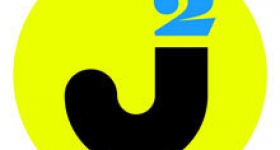
It seems like every couple of months, we post here about an indie magazine in trouble and in serious need of help. We just wrote about the KoreAm Campaign. A sharp drop in ad revenue has put this venerable Korean American mag (and its sister publication Audrey, a women's magazine) in a dire situation.
Now our friends at Bitch, the sassy and smart feminist pop culture mag, need help too. See the video appeal here: Save Bitch Magazine. Newsstand sales dropped so much that revenues they were depending on just didn't show up. They need to raise $40,000 by October 15th in order to keep printing. If not, they may also disappear.
What's going on? Does no one read magazines anymore? I'm really tired of writing about how Punk Planet printed its last issue. Or Kitchen Sink closed shop. Or Clamor called it quits. It's pretty scary to watch our friends in the independent press fold. People complain about mainstream media, but not enough people put their money where their mouths are and support the people trying to make a difference through these independent projects.
I've already lamented about what's happening to the independent press. and fellow blogger Slanty has got some good questions about whether or not this is the death of print media, so I'm not going to repeat ourselves. Just please help if you can. Not just Bitch and KoreAm, but Hyphen too, and any other media you love whether its public radio or an indie glossy. We all do what we do, many of us for free, because we believe in representing voices that aren't often heard. We go against the odds and publish our little magazines for the love. But love just isn't enough.










Comments